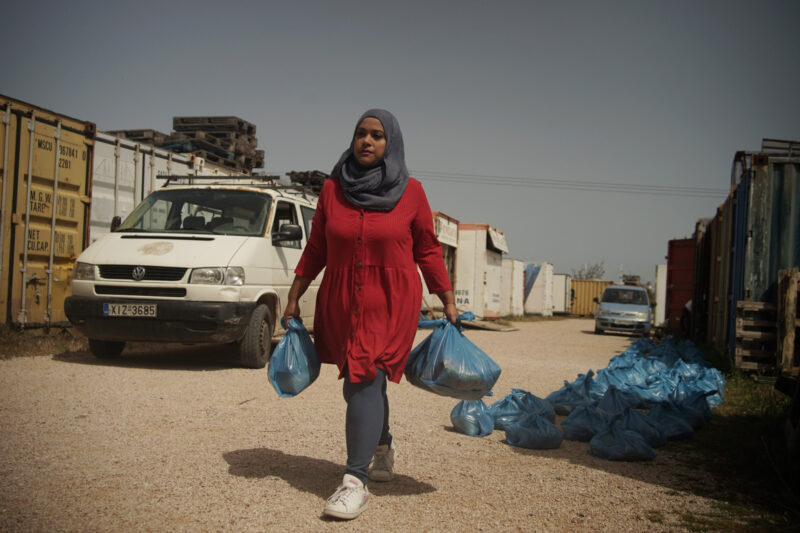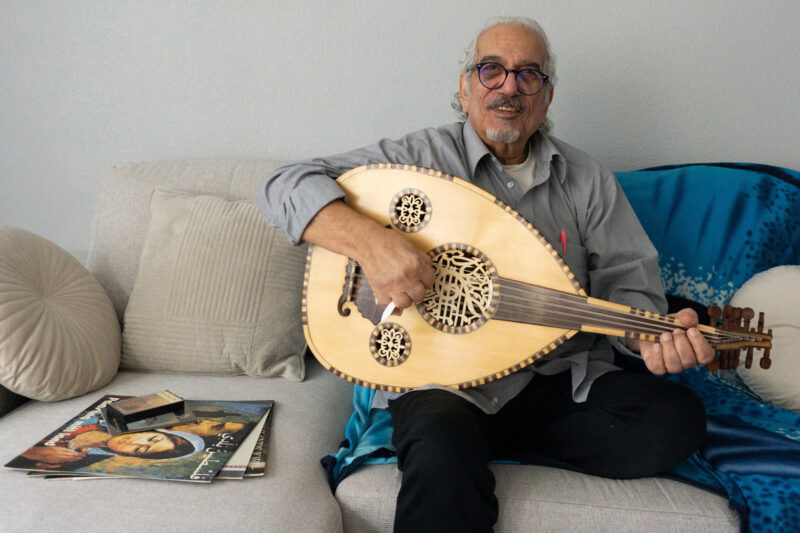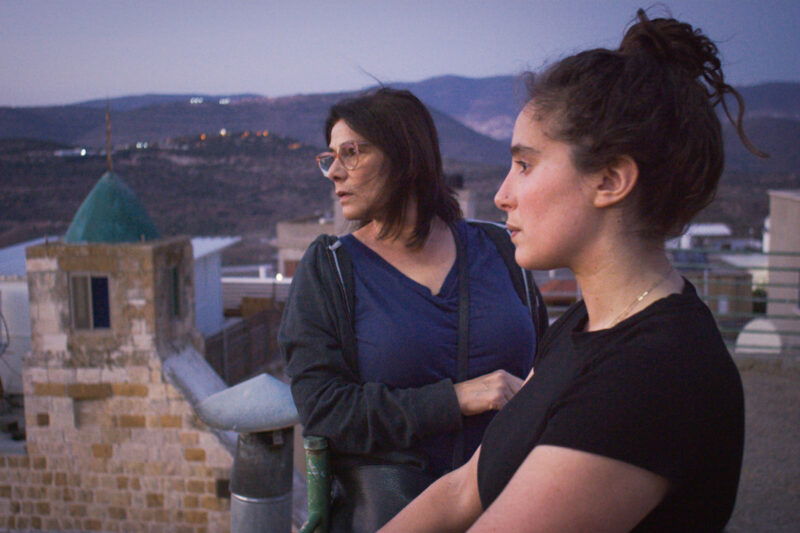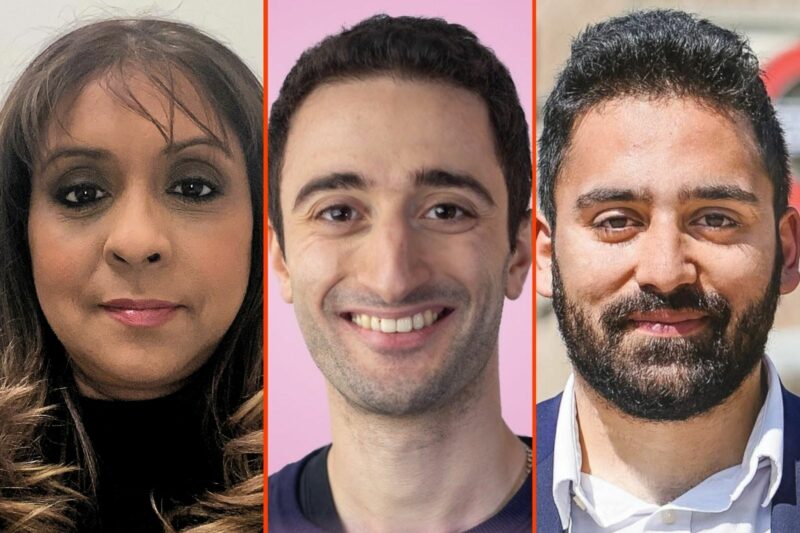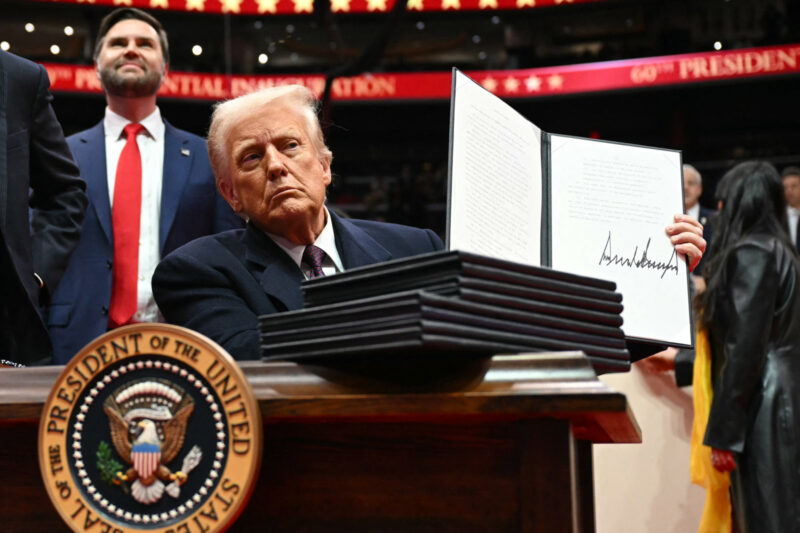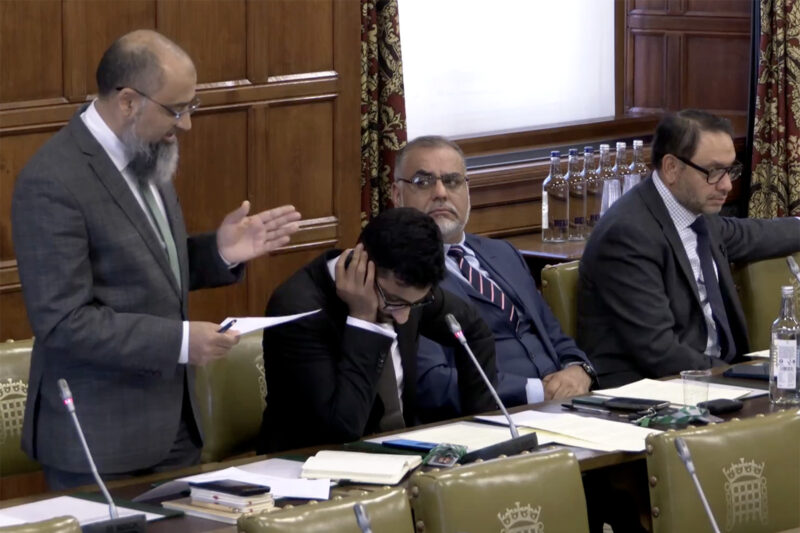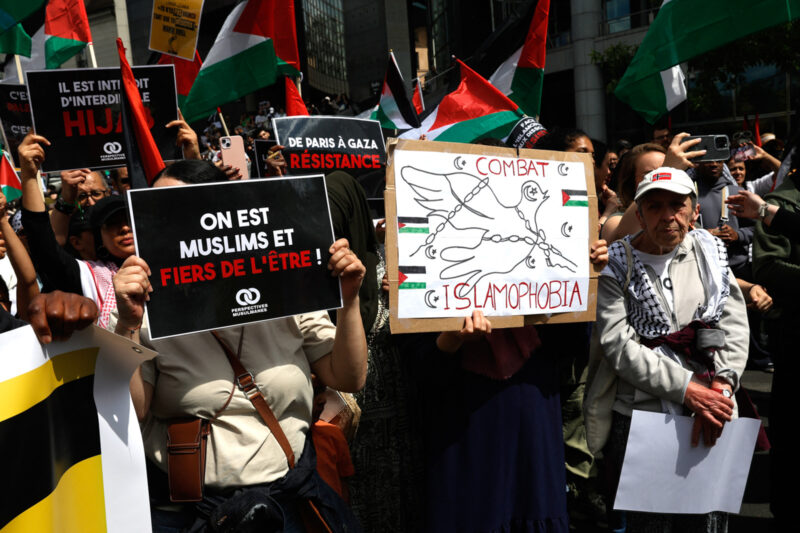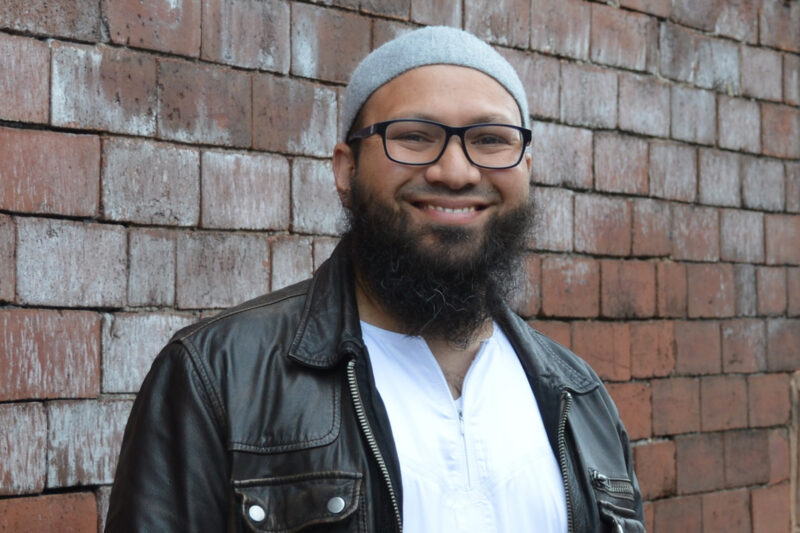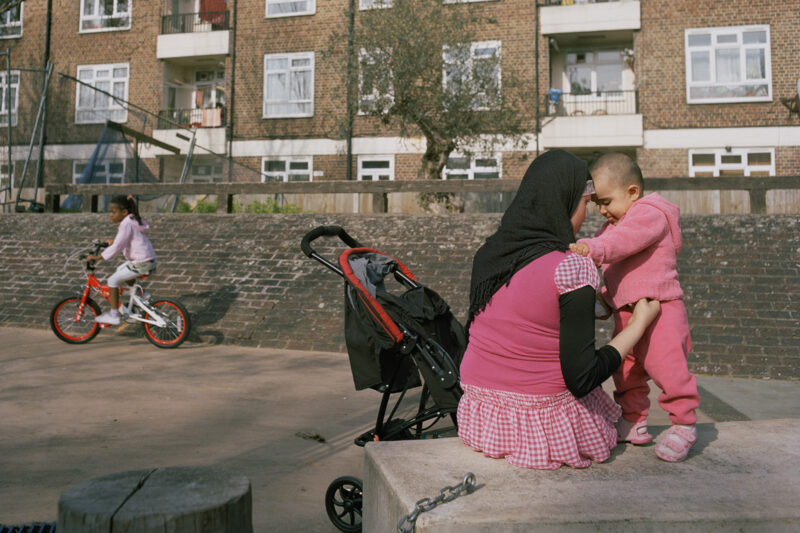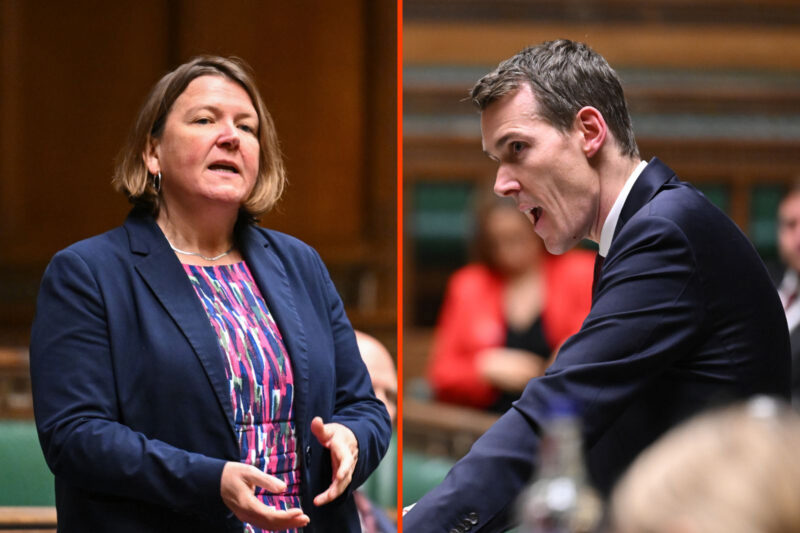A new Muslim political coalition is running for power in Europe
Campaigning for a one-state solution to the Israel-Palestine conflict and advocating multiculturalism, the new pan-Europe Muslim alliance hopes to see its members elected in the European parliamentary elections in June
–
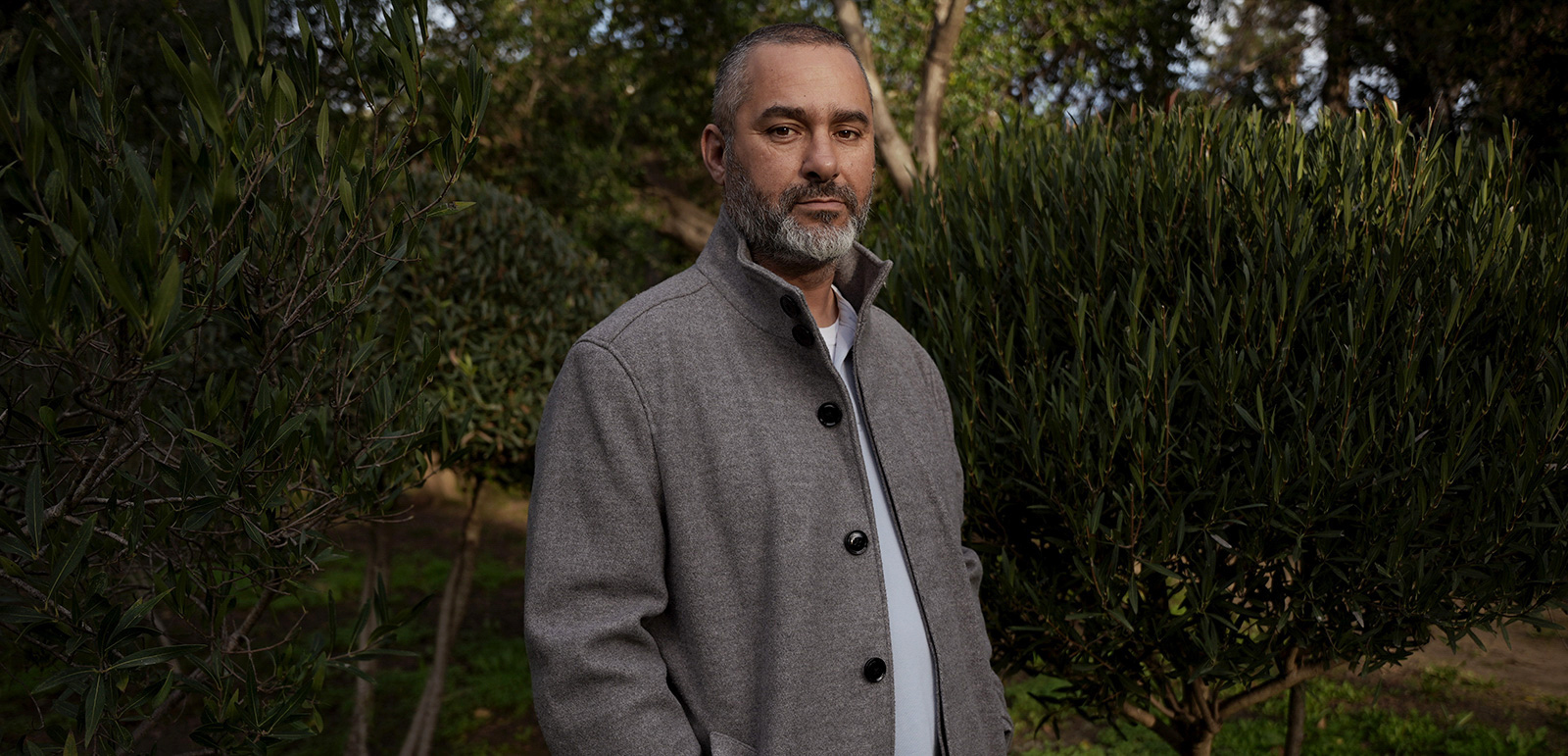
National Muslim parties across Europe have formed a coalition to run in the European parliamentary elections in June under the campaign slogan “Free Palestine” in response to the recent electoral gains of the far right.
The first meeting of the as yet unnamed umbrella movement took place in Lille, France, on the weekend of 28 October, three weeks into Israel’s bombardment of Gaza. This was launched in response to the Hamas terror attacks and drove the Israel-Palestine crisis to the top of the coalition’s agenda. MEPs campaigning as part of the movement will push for the negotiation of a one-state solution to the conflict. They suggest the creation of a new state named Jerusalem “where 100 or 200 years down the line Christians, Palestinians and Jews would live peacefully together,” Driss Mohamed Amar, leader of the Spanish Islamic-humanist party Partido Andalusi and coalition member, told Hyphen.
“Western countries advocate a two-state solution, but we believe the state of Israel is not legitimate and should therefore not exist. [Its] current slaughter of the Palestinian civilian population contravenes the Geneva Convention.”
Other high-priority issues for the coalition are freedom of movement for migrants and an emphasis on multicultural integration to stem the tide of Islamophobia which, according to the 2022 European Islamophobia Report, is “becoming normalised and institutionalised by liberal democracies”.
Jeroen Schilder is spokesperson for the NIDA, a Muslim pressure group supporting the coalition in the Netherlands, where anti-Islam populist Geert Wilders was voted to power in November. “Islamophobia has unfortunately been normalised for years in Holland and distrust towards Muslims is institutionalised through discriminatory policies such as the niqab ban, innocent Muslims being put on terrorist lists and the freezing or closing of Islamic organisation bank accounts without clear justification. But the recent election results have highlighted Islamophobia among Dutch voters, raising concerns that the outcome may further legitimise it. The Muslim coalition is a way to strengthen each other,” Schilder explained.
On the hot button issue of migration, the coalition will advocate that integration is required on the part of the native as much as the migrant populations in diverse European communities if they are to achieve harmonious coexistence. “There should be a cultural exchange between the host country and the people coming in,” Amar said. “Language is important. If the majority of immigrants speak Arabic, local children should be taught Arabic in schools as well as the migrant population learning the local language.”
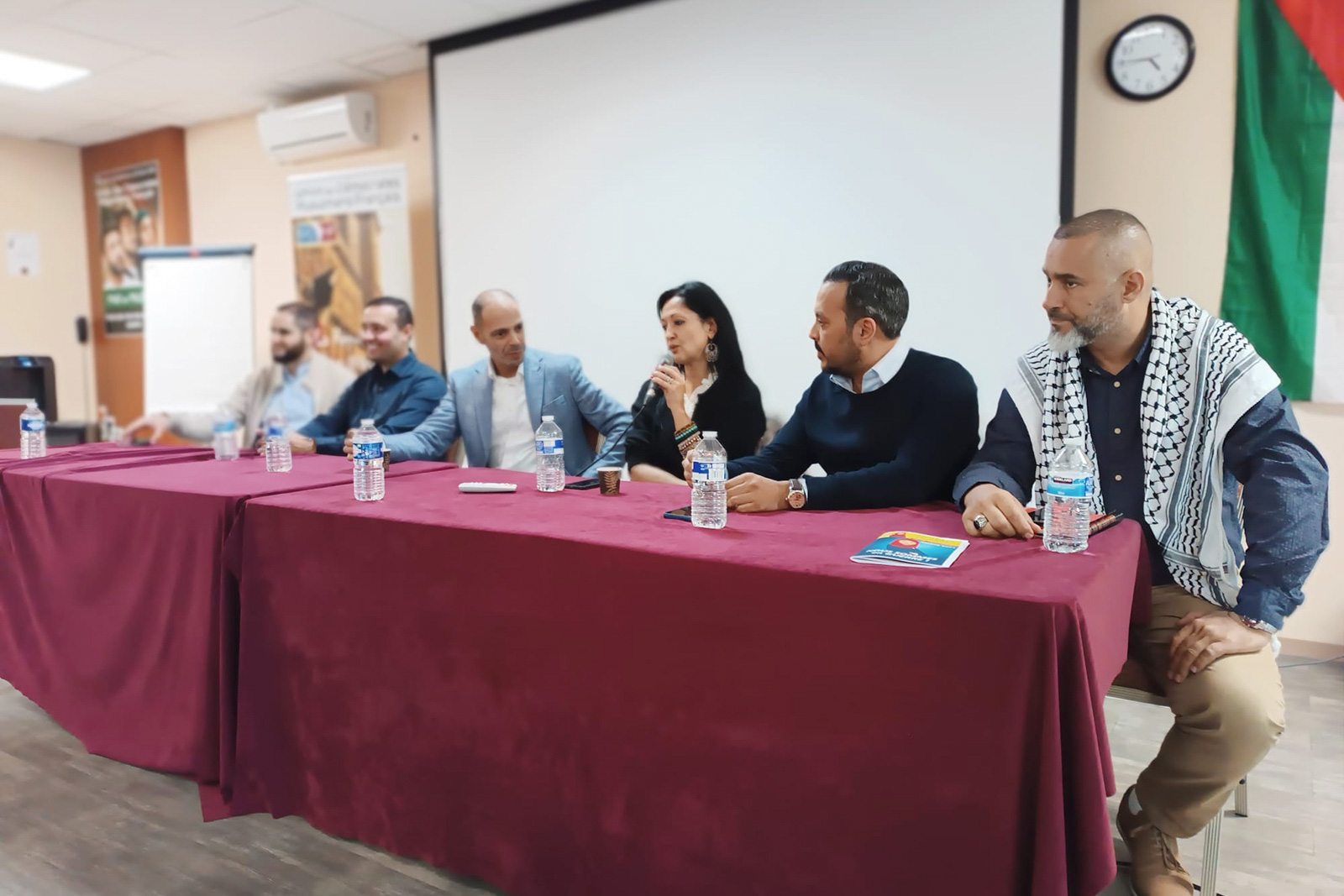
The Partido Andalusi leader was keen to stress that teaching children Arabic should not be viewed as in any way proselytising, and he played down the significance of religion to the party’s purpose in general, echoing Nagib Azergui, leader of the coalition’s founding party the Democratic Union of French Muslims (UDMF), who told Le Parisien in 2015 that his party had no intention of “Islamising” France.
“When an Islamic party is launched, there is always a commotion because we are in a Christian Europe which doesn’t believe Muslims have the right to think and voice their opinions freely,” he said. “We Muslims have become the scapegoats for the far right; we are branded as aggressors and invaders. Our aim is to defend Muslim interests and rights, but also those of society in general by tackling the unassailable power of the banks, which the left has been unable to do.”
Nonetheless, Diego López Garrido, vice-president of the independent Spanish political thinktank Fundación Alternativas, warned that whatever the coalition’s intentions, the emergence of an alliance of Muslim parties may ultimately benefit Europe’s anti-immigrant movements. “The initiative might be a response to the rise of the extreme right, and express a democratic image of Islam that complies with all the statutes necessary to form a party, such as respect for human rights and women. [However] it could trigger alarm in certain sectors and fuel support for the far right,” he said.
Acknowledging this risk, Amar insisted that the coalition’s creation was crucial to redressing the disproportional lack of Muslim representation in European discourse. “There’s a vacuum that other left-leaning parties don’t address. In Spain, for example, we have been fighting for decades to have our own cemeteries,” he argued. The anti-Islam Vox party won 11% of the vote in Spain’s general elections last July.
Schilder also acknowledged that a coalition branding itself Islamic may be met with anxiety but argued that tackling this prejudice by campaigning as an inclusive Muslim movement was exactly the point. “[Our] association with Islam may evoke fear but this is a challenge faced by any Muslim taking a public stance,” he said. “Navigating through this requires breaking stereotypes. Those familiar with NIDA within and beyond the Muslim community in Holland generally appreciate it as inspiring, intellectual, sympathetic and unafraid to tackle racism in general, Islamophobia and the issue of Palestine.”
Alongside Partido Andalusi, NIDA and coalition founder the UDMF, the alliance is joined by several smaller French Muslim collectives and the Italian Democratic Islamic Movement (MIID), formed in April in answer to the anti-Muslim stance of the far-right ruling Brothers of Italy. Each of these parties will put forward a candidate in the European Parliament elections in June. Amar explained that any candidate who wins a seat will most likely join The European United Left/Nordic Green Left group until the coalition’s numbers grow and a European Muslim party can be formed.
“It is important to stress that our vision is always long-term and not aimed exclusively at Muslims,” said Amar, who hopes his national party’s association with Islamic humanism will be embraced by the other coalition members. “Eighty per cent of our voters in Spain are not Muslim.”
Kawtar Najib, the French-born author of Spatialized Islamophobia and lecturer at Liverpool University, is tentatively optimistic about the coalition’s chances of winning non-Muslim support. “It all depends on how the parties present themselves, but they could reach a broader electorate,” she said. However, even electoral success would not necessarily register as a win in the fight against rising Islamophobia in Europe. “Being integrated is the dream, but first you have to overcome the widespread Islamophobia in Europe,” she added. “Integration has to be a two-way process. We definitely need parties that will promote that and protect us.”
López Garrido was also sceptical of the coalition’s chances of achieving societal change. “You can’t criticise the Muslim tag because in Europe there is a long tradition of Christian Democratic parties, but I believe parties based on economic and social policies rather than ethnicity and religion are preferable as the latter can lead to isolation and xenophobia,” he said. “It would be better if mainstream secular parties embraced more Muslim politicians.”
Correction: On 10 June, changes were made to this article to clarify that NIDA is a Muslim pressure group and not a political party.
 Newsletter
Newsletter

